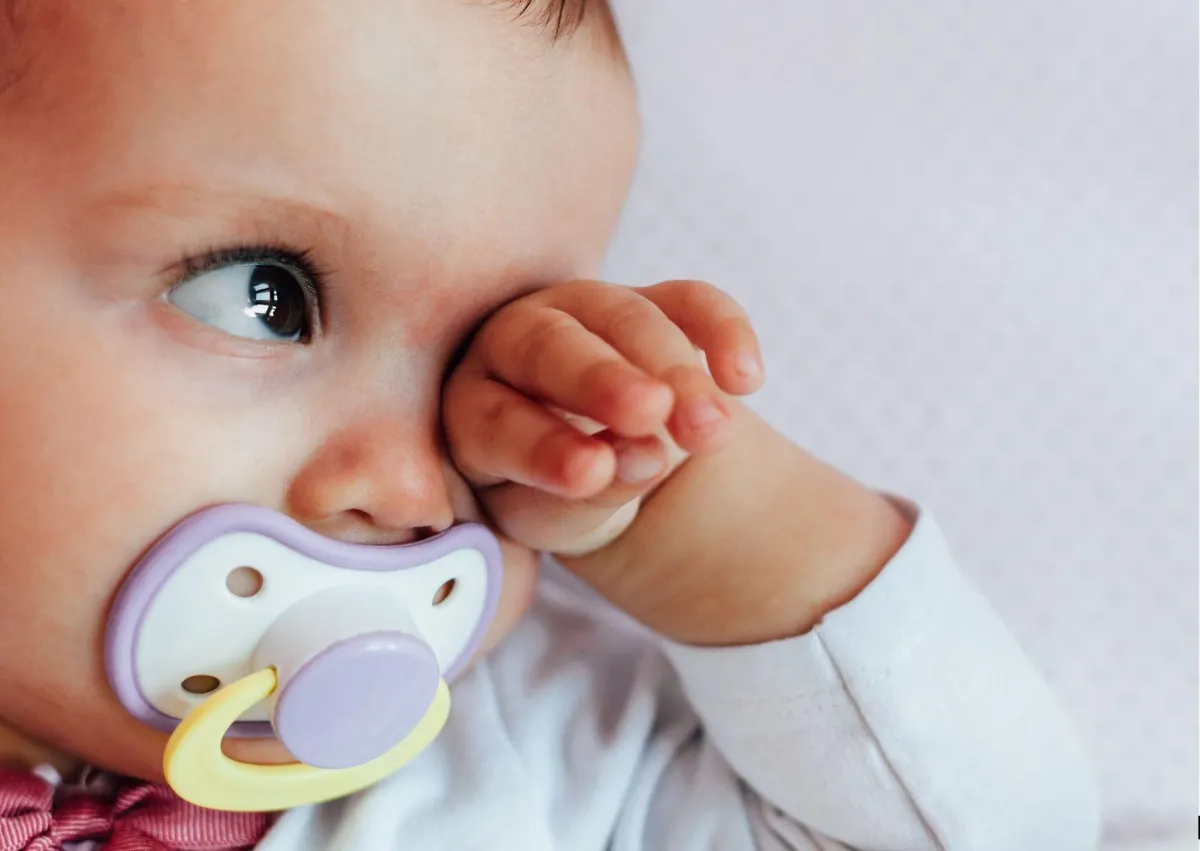
Melatonin and Babies: Is It Safe?

What Is Melatonin?
Melatonin is a hormone naturally produced by the brain’s pineal gland. It helps regulate the circadian rhythm — your body’s internal clock for sleep and wake cycles. In adults and older children, melatonin levels rise in the evening to signal bedtime and decrease in the morning.
Supplemental melatonin is widely marketed for children and often described as a “natural” sleep aid. But when it comes to infants and toddlers, the safety picture is far more complex.
Is Melatonin Safe for Babies?
What Pediatric Experts Say
Currently, melatonin is not recommended for babies, especially those under the age of 2. According to the American Academy of Pediatrics (AAP), there is insufficient data on the safety, long-term effects, or appropriate dosing for infants and toddlers. Their official stance advises families to exhaust behavioral strategies before considering supplements — and only with medical guidance1.
Research Raises Red Flags
A 2023 study in JAMA Pediatrics reported a 530% increase in melatonin ingestions in children between 2012 and 2021, with more than 94% occurring in children under 52.
A 2017 study published in The Journal of Clinical Sleep Medicine found that melatonin supplements often contain inconsistent and inaccurate dosing, with some products varying by as much as 465% from what’s listed on the label3.
Alarmingly, some melatonin supplements were found to contain serotonin, a substance that can be harmful at high levels in young children3.

Why Babies Wake Often — and What to Do Instead
It’s completely normal for babies, especially those under 6 months, to wake frequently at night. Their sleep cycles are shorter, and their natural melatonin production doesn’t fully develop until 3–4 months of age4.
Instead of supplements, focus on creating a supportive sleep environment and routine:
💤 Stick to a consistent bedtime
🕰️ Follow age-appropriate wake windows
🌙 Dim the lights in the evening to promote natural melatonin
🤱 Use responsive but structured nighttime routines
If sleep disruptions continue, consider working with a pediatric sleep consultant to develop a personalized, holistic sleep plan. As long as your baby is healthy, your baby’s sleep can improve safely, gently, and naturally — no pills required.
Need Help With Baby Sleep?
If you’re feeling overwhelmed or unsure about your baby’s sleep patterns, I’m here to help. Book a free consultation call or browse my sleep support plans.
Footnotes
American Academy of Pediatrics. (2022). Melatonin and Children: What Parents Should Know. https://www.healthychildren.org ↩
Osterhoudt, K. C., et al. (2023). Pediatric Melatonin Ingestions — United States, 2012–2021. JAMA Pediatrics. ↩
Erland, L. A. E., & Saxena, P. K. (2017). Melatonin Natural Health Products and Supplements: Presence of Serotonin and Significant Variability of Melatonin Content. J Clin Sleep Med. ↩ ↩2
Bathory, E., & Tomopoulos, S. (2017). Sleep Regulation, Physiology, and Behavior in Infancy. Pediatrics in Review, 38(12), 567–578. ↩
